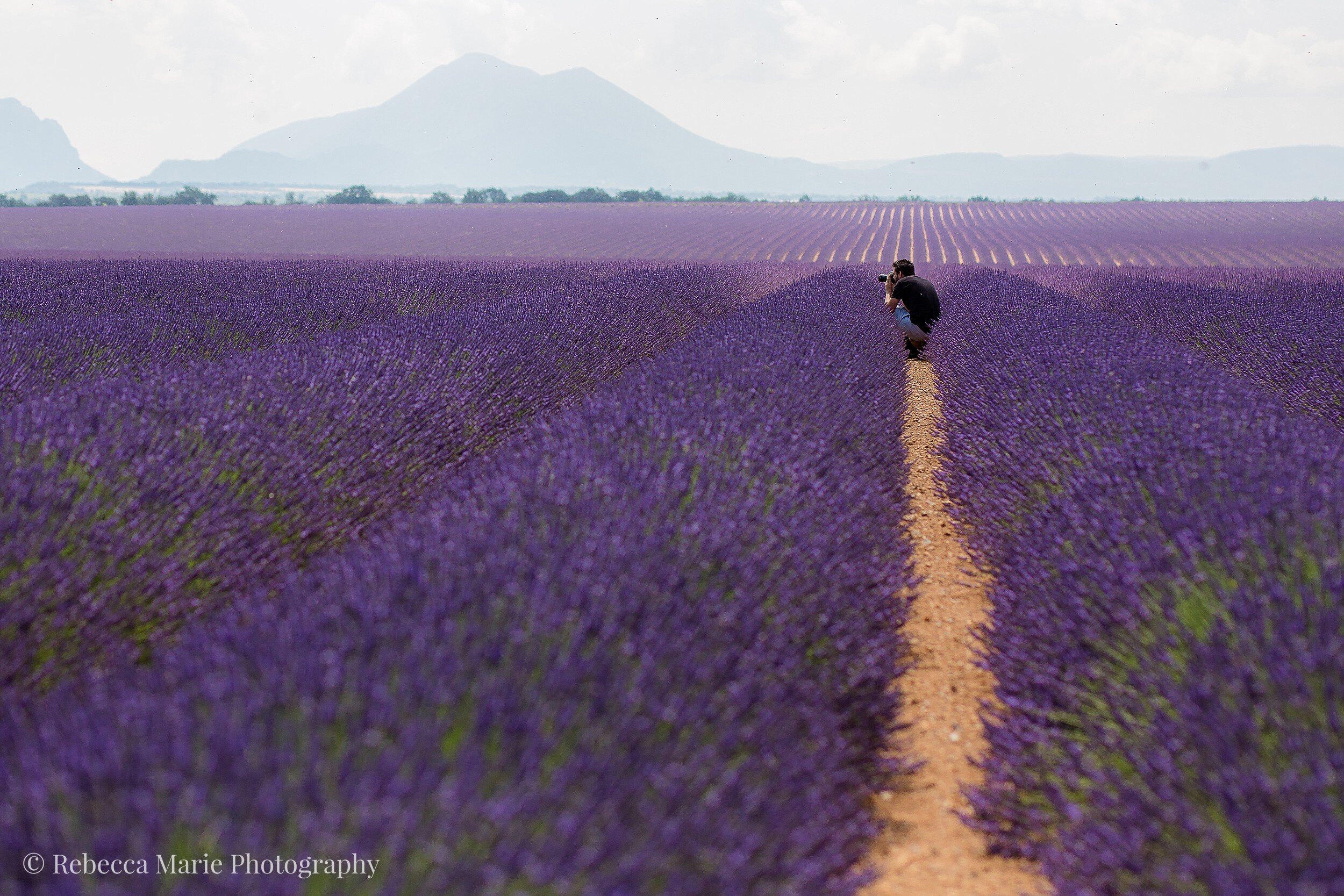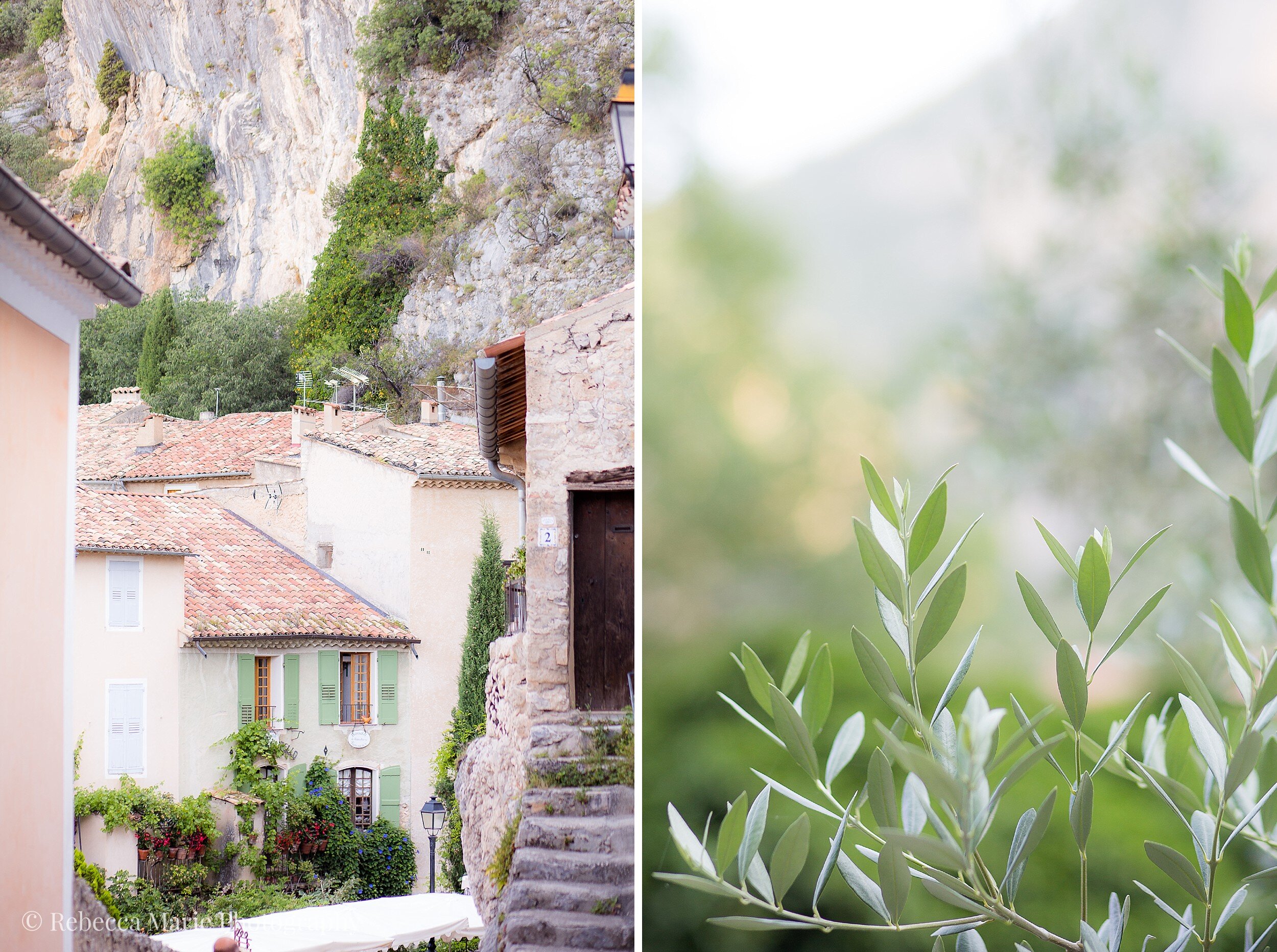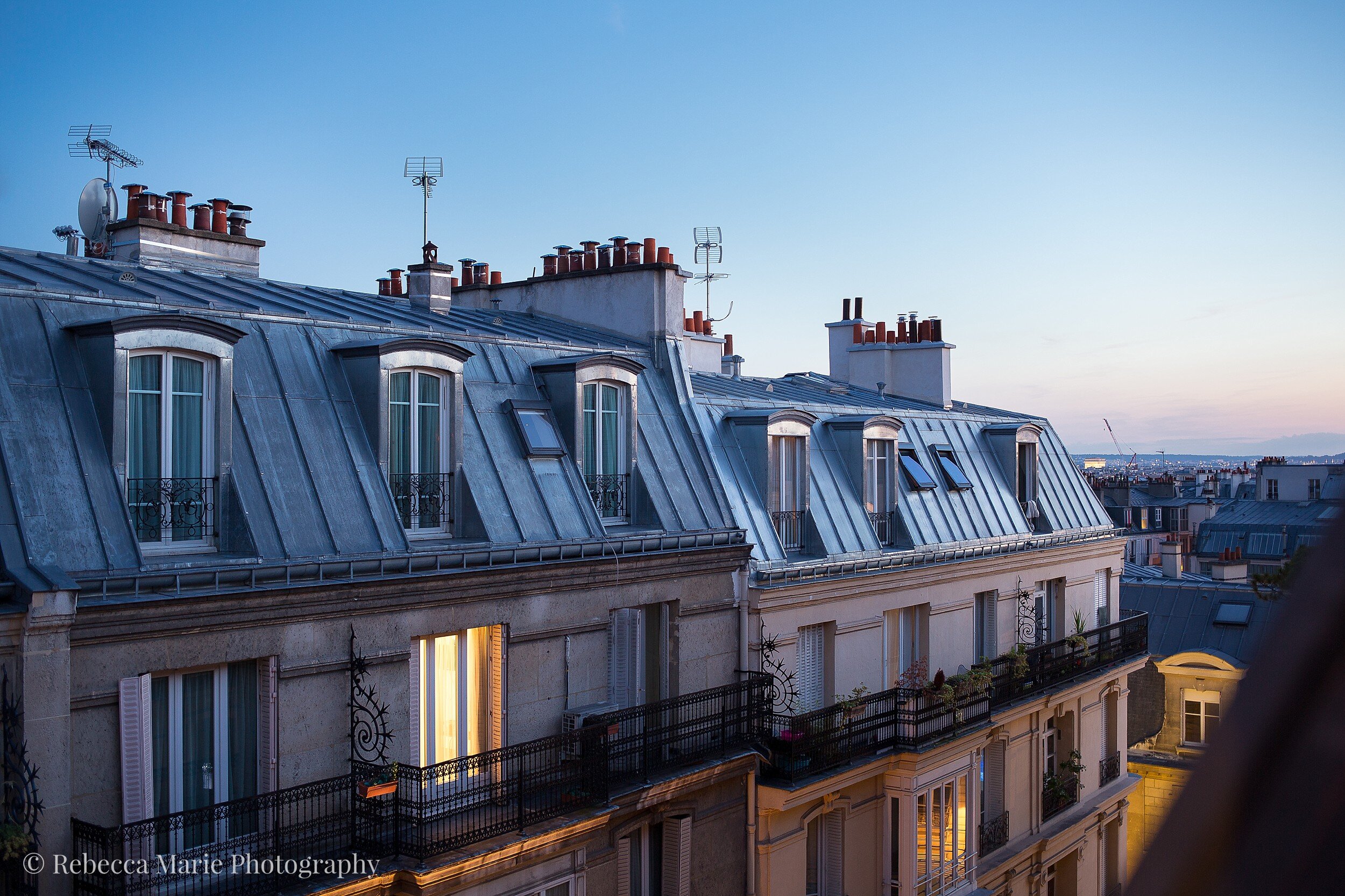The Camera to Buy for Your Honeymoon
The most popular question I often get asked is "What should we wear for photos?" (answered here), but a close second always is "What camera should we buy for our honeymoon?" There are a few key things to keep in mind when making this decision:
- The best camera is the one you use.
- The best camera for you is the one you understand.
- What will you be doing and/or what do you want to photograph? (Spoiler: There isn't an all-in-one solution)
- And of course, what's your budget?
 First & foremost, the best camera for anything is the one you use. I personally don't haul around all of my 30+ pounds of gear for every family function. I have some mighty cute photos of nieces & nephews on my iPhone just like everyone else. The catch being, these snap shots are not something I plan on printing into a gorgeous 20x30" canvas for my house. They might be suitable in a quick, tiny print just to get off my phone (because who hasn't lost their favorite photos when their phone took a dive into a puddle?!), but as good as iPhone cameras have gotten, the files still don't make great prints.#1 & #2 could really be combined into the same point. The camera we all use the most, whether it be pro gear or our cell phone, is the one we find the easiest to use. The last thing you should be doing on your honeymoon (or at any point really), is staring down at a piece of equipment trying to figure out why it's not doing what you want it to do. I've lost count of the number of times I've seen a well meaning wedding guest pull out their camera as a bride walks down the aisle, only to fire off one shot, look down at the screen and then miss her entire entrance. Taking a photo is not worth missing out on experiencing life.So how to get to that comfortable, understanding level?1) Keep it simple. Unless you are planning on diving head first into learning all the ins and outs of being able to fully control a pro camera, you don't need to buy fancy gear to take some quality photos. In other words, the Auto setting on my camera works exactly the same as the Auto setting on a point-and-shoot. Yes, there are obviously differences to both cameras that greatly improve the quality, but many of those differences require you to control them. If you are going to primarily shoot on auto, there is no reason to invest heavily in pro gear.2) Practice. Buy a new camera at least 6 months before your honeymoon. This will give you time to use it and get comfortable. You don't want to be flipping through the instruction manual to find how to change a setting and miss seeing those dolphins outside your bungalow.
First & foremost, the best camera for anything is the one you use. I personally don't haul around all of my 30+ pounds of gear for every family function. I have some mighty cute photos of nieces & nephews on my iPhone just like everyone else. The catch being, these snap shots are not something I plan on printing into a gorgeous 20x30" canvas for my house. They might be suitable in a quick, tiny print just to get off my phone (because who hasn't lost their favorite photos when their phone took a dive into a puddle?!), but as good as iPhone cameras have gotten, the files still don't make great prints.#1 & #2 could really be combined into the same point. The camera we all use the most, whether it be pro gear or our cell phone, is the one we find the easiest to use. The last thing you should be doing on your honeymoon (or at any point really), is staring down at a piece of equipment trying to figure out why it's not doing what you want it to do. I've lost count of the number of times I've seen a well meaning wedding guest pull out their camera as a bride walks down the aisle, only to fire off one shot, look down at the screen and then miss her entire entrance. Taking a photo is not worth missing out on experiencing life.So how to get to that comfortable, understanding level?1) Keep it simple. Unless you are planning on diving head first into learning all the ins and outs of being able to fully control a pro camera, you don't need to buy fancy gear to take some quality photos. In other words, the Auto setting on my camera works exactly the same as the Auto setting on a point-and-shoot. Yes, there are obviously differences to both cameras that greatly improve the quality, but many of those differences require you to control them. If you are going to primarily shoot on auto, there is no reason to invest heavily in pro gear.2) Practice. Buy a new camera at least 6 months before your honeymoon. This will give you time to use it and get comfortable. You don't want to be flipping through the instruction manual to find how to change a setting and miss seeing those dolphins outside your bungalow. Getting to the root of the question, what you should actually buy is highly dependent upon what you primarily will be photographing. Are you buying the camera mainly to take on vacations where you will be looking at stunning landscapes and sprawling vistas? Are you trying to capturing a fast moving niece as she runs across your backyard? Or do you love to get up close and document all the details of the renaissance architecture as you tour Italy? The type of equipment you'll need for each of these scenarios is quite different. The gear I have to document weddings and portraits would not cut it if I got called up by the Chicago Cubs to photograph Spring Training (For the record, more than happy to purchase that type of equipment if anyone knows someone to get me to Arizona!). I recommend reading reviews of equipment on sites like B&H Photo Video, because the users are so specific with how they utilize the equipment. Again, back to point #1: The best camera is the one you use. Not only is what you want to photograph important in your equipment selection, but equally what you'll actually be doing when you are using the camera makes a difference. My iPhone and a GoPro is all I take on a snowy snowboarding trip and I kept my equipment choices really, really minimal while hiking in Costa Rica in order to be able to physically hike!Last but certainly not least, budget. The sky is the limit when spending money on camera equipment. If you've thought through the above 3 questions, perhaps you've discovered that a DSLR is actually more than you need? (After all, if you are mostly shooting on Auto and only going to use the one kit lens it comes with, you aren't really using it for the amount of money it's worth). I find it's usually more enjoyable to get the top level camera at whatever skill set you are considering than the bottom level of a higher skill set. In other words, you may be happier with your photos from a top quality point and shoot than a low quality DSLR. If you have decided you definitely want a DSLR, the most important thing is to invest in is great lenses. Buying a lens is like buying a diamond. If you get a beautifully cut piece of glass with no imperfections (the lens in this example instead of the stone), it will last forever.
Getting to the root of the question, what you should actually buy is highly dependent upon what you primarily will be photographing. Are you buying the camera mainly to take on vacations where you will be looking at stunning landscapes and sprawling vistas? Are you trying to capturing a fast moving niece as she runs across your backyard? Or do you love to get up close and document all the details of the renaissance architecture as you tour Italy? The type of equipment you'll need for each of these scenarios is quite different. The gear I have to document weddings and portraits would not cut it if I got called up by the Chicago Cubs to photograph Spring Training (For the record, more than happy to purchase that type of equipment if anyone knows someone to get me to Arizona!). I recommend reading reviews of equipment on sites like B&H Photo Video, because the users are so specific with how they utilize the equipment. Again, back to point #1: The best camera is the one you use. Not only is what you want to photograph important in your equipment selection, but equally what you'll actually be doing when you are using the camera makes a difference. My iPhone and a GoPro is all I take on a snowy snowboarding trip and I kept my equipment choices really, really minimal while hiking in Costa Rica in order to be able to physically hike!Last but certainly not least, budget. The sky is the limit when spending money on camera equipment. If you've thought through the above 3 questions, perhaps you've discovered that a DSLR is actually more than you need? (After all, if you are mostly shooting on Auto and only going to use the one kit lens it comes with, you aren't really using it for the amount of money it's worth). I find it's usually more enjoyable to get the top level camera at whatever skill set you are considering than the bottom level of a higher skill set. In other words, you may be happier with your photos from a top quality point and shoot than a low quality DSLR. If you have decided you definitely want a DSLR, the most important thing is to invest in is great lenses. Buying a lens is like buying a diamond. If you get a beautifully cut piece of glass with no imperfections (the lens in this example instead of the stone), it will last forever. The biggest tip of all: Rent first!! Utilize companies like BorrowLenses.com to research and rent the gear that you are thinking of purchasing. Test it out and see if you actually like it. There has been plenty of times I've rented something I was 99% sure I was going to buy, only to realize my natural shooting style didn't go well with the piece of equipment.Technical Tips:-It's not about megapixels anymore. The most dramatic effect you will see in quality between cameras (all other things being equal) is the size of the sensor. For digital cameras, the sensor is what has replaced the strip of film. The larger the sensor, the better. Your camera will be able to capture more light. This is a big reason I'm able to easily photograph inside of dark churches or during candlelit receptions without the photos looking dark.-Canon vs. Nikon is like Pepsi vs. Coke in many ways. The main reason I shoot on Canon cameras is because I learned on a Canon film camera. My fingers already had the muscle memory of how the camera was set up when I switched to digital. This is back to point #2. Switching to Nikon would feel like holding a foreign object simply because the camera is set up differently than what I'm used to.-Go into your local camera store or even Best Buy and pick up the camera you are thinking of buying. Does it feel natural to you? Does it fit in your hands? Are the buttons in intuitive locations for you?
The biggest tip of all: Rent first!! Utilize companies like BorrowLenses.com to research and rent the gear that you are thinking of purchasing. Test it out and see if you actually like it. There has been plenty of times I've rented something I was 99% sure I was going to buy, only to realize my natural shooting style didn't go well with the piece of equipment.Technical Tips:-It's not about megapixels anymore. The most dramatic effect you will see in quality between cameras (all other things being equal) is the size of the sensor. For digital cameras, the sensor is what has replaced the strip of film. The larger the sensor, the better. Your camera will be able to capture more light. This is a big reason I'm able to easily photograph inside of dark churches or during candlelit receptions without the photos looking dark.-Canon vs. Nikon is like Pepsi vs. Coke in many ways. The main reason I shoot on Canon cameras is because I learned on a Canon film camera. My fingers already had the muscle memory of how the camera was set up when I switched to digital. This is back to point #2. Switching to Nikon would feel like holding a foreign object simply because the camera is set up differently than what I'm used to.-Go into your local camera store or even Best Buy and pick up the camera you are thinking of buying. Does it feel natural to you? Does it fit in your hands? Are the buttons in intuitive locations for you?
